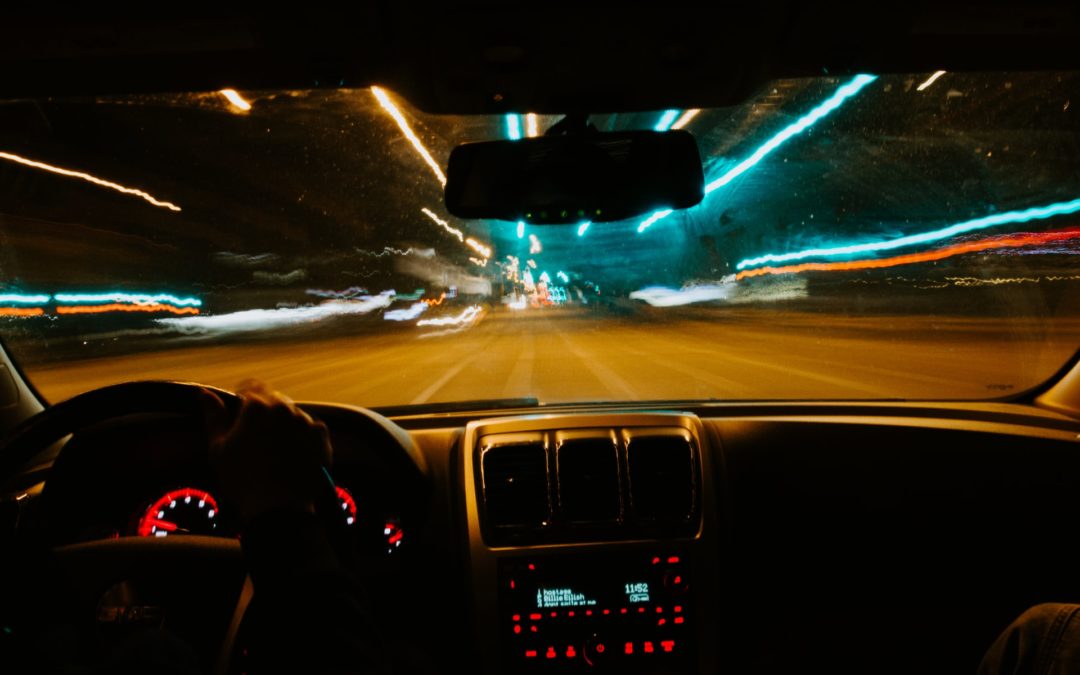It’s no secret that self-driving cars and other autonomous vehicles will hit the market within the next few years. The National Highway Traffic Safety Administration and the U.S. Department of Transportation have already started researching how self-driving cars could impact our roadways. They are working on standards to ensure they operate safely on our streets, especially when dealing with issues such as accident liability, distracted driving, and vehicle hacking. But what about self-driving cars will change things for police departments? Let’s take a look at some of the possibilities.
Autonomous Vehicles and Self Driving Cars
Autonomous vehicles are vehicles that will be able to drive itself from a starting point to and ending point on “autopilot”. They use sensors and other technology features with very little to no human input.
When semi-autonomous vehicles come into play, it can be a little difficult and cause issues with policing. If there is an emergency, the vehicle will then have the driver take physical control. The issue is that the drivers have already taken their attention off of driving. When asked to take control of the driving for emergencies, their response time was slow… which leads to collisions.
Financially, this can really hurt police departments due to the vehicles being more safe… which is going to bring less citations. Less citations means there will be a reduction in funds coming in. According to Police Chief, there are about 42 million people who get traffic citations every year, paying about $6.2 billion dollars. This reduction in income could mean a reduction in police officers. This leads to an issue with there being a slower response time, as there are not as many police available, to go where needed.
10% of people trust autonomous vehicles
In a new survey conducted by Deloitte, only 10% of respondents indicated they would trust a driverless car to take them anywhere. Many more (34%) said they would trust one if it was a shared vehicle. Another 21% said they would trust one as long as their personal auto had safety features. The takeaway is that people aren’t ready for fully autonomous vehicles just yet.
Cars will be hacked, and people are afraid
Did you know that on average there are 300,000 deaths due to car crashes every year? Autonomous vehicles could make these deaths a thing of the past. These vehicles are likely to reduce accidents by an incredible amount, as human error causes 94% of all crashes. There is also the fear that cars could be hacked and used as weapons. There hasn’t been significant examples of this yet, but it is a likely to be a concern in the future. Self-driving cars have yet to prove themselves in certain areas, such as snow. But it’s also true that they will have an enormous impact on society.
There are many unknowns
What happens when a drunk, sleep-deprived teenager in one of these autonomous vehicles has to make a split-second decision? What happens when multiple autonomous vehicles have to decide how to avoid hitting each other or pedestrians who may be obscured by bad weather? Today’s technology is not advanced enough to handle all of these contingencies.
Increase in crime is also a possibility with autonomous cars. Even though the cars will be programmed to obey the speed limits, its who and what is going on the car that is an issue. For example, when police pull over cars that are not obeying the laws, they can come into contact with someone that is performing, or about to perform, a more serious charge such as uncovered drugs, weapons, and those with outstanding warrants. Without probability to pull the cars over, these situations are not going to be addressed. This can increase more serious crime in the communities.
90% of people don’t trust this tech
If someone is hit by a self-driving car, they could be upset with not only their insurer, but also with Google. In some situations (such as a pedestrian crossing in front of an autonomous vehicle that was moving at less than 5 miles per hour), there may be nothing to hold liable. However, it’s likely that most pedestrians won’t have much faith in a driverless car and its ability to protect them.
Police officers have no control over the vehicle
This is a major difference between regular vehicles and driverless ones. If a person is driving, there’s at least some chance that they could attempt to pull over and stop if they see a police car in their rear-view mirror. With fully autonomous vehicles, though, that opportunity has disappeared. Fully driverless cars will be programmed to keep going. They could ignore things if a police vehicle pulls in front of them or behind them to stop them.
Traffic laws need to change too!
The majority of traffic tickets are because drivers broke a law, whether it be speeding or running a red light. Self-driving cars do not break laws — they obey them. So we’ll have to make new ones, and that could take some time. Even if driverless cars never cause an accident (and, statistically speaking, they won’t), there’s always the potential for autonomous behavior that could lead to illegal activity.
People also aren’t ready for these vehicles in an emergency situation
A recent survey showed that people split on whether they’d be willing to ride in a fully autonomous vehicle. 72 percent of Americans said they’d still want a steering wheel and pedals. For situations where they need to take control, e.g., an emergency braking situation or anything else that requires immediate input from human driver, drivers may not be ready with their hands at 10 and 2 on their steering wheel.


